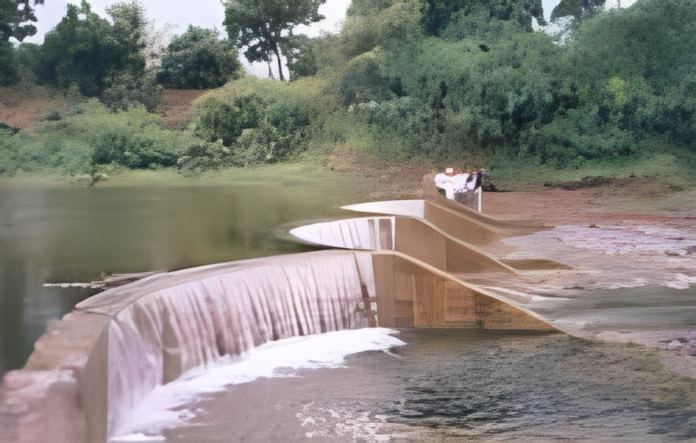Hathras, Badaun, Moradabad, Sambhal, Prayagraj, Kaushambi, Fatehpur, Pratapgarh, Sonbhadra, Lalitpur, Jalaun, Hamirpur, and Chitrakoot are the 13 districts selected for the project.
LUCKNOW: The state government of Uttar Pradesh has made the decision to build groundwater charging stations at a cost of Rs. 8 crore in order to counter the diminishing groundwater levels in 13 districts. By recharging the water table, these stations hope to stop groundwater depletion.
The government of Uttar Pradesh has made this ground-breaking move in response to the groundwater shortage brought on by excessive consumption in both rural and urban areas. Hathras, Badaun, Moradabad, Sambhal, Prayagraj, Kaushambi, Fatehpur, Pratapgarh, Sonbhadra, Lalitpur, Jalaun, Hamirpur, and Chitrakoot are the districts that have been chosen for the construction of groundwater charging stations. On Thursday, the state administration issued a directive authorizing the distribution of the monies designated for this project.
The proposed budget allocations for the respective districts are as follows: Hathras ( ₹70.5 lakh), Badaun ( ₹38 lakh), Moradabad ( ₹28 lakh), Sambhal ( ₹72 lakh), Prayagraj ( ₹80 lakh), Kaushambi ( ₹1.21 crore), Fatehpur ( ₹1.03 crore), Pratapgarh ( ₹37.23 lakh), Sonbhadra ( ₹28 lakh), Jalaun ( ₹50 lakh), Lalitpur ( ₹41 lakh), Hamirpur ( ₹35.6 lakh), and Chitrakoot ( ₹94.16 lakh).
The minor irrigation department has received instructions from the Namami Gange and Rural Water Supply Department, along with the release of funding. The chief engineer of the minor irrigation department will oversee the construction of the groundwater charging check dams, ensuring appropriate project execution and preventing fund diversion.
The chief engineer is in charge of every aspect of building the dam, including buying tools and machinery. All necessary steps, such as collecting certificates and following procedures, shall be guided by the Uttar Pradesh Budget Manual and Financial Handbook.
The minor irrigation department will oversee the allocation of the monies allotted to the 13 districts for construction in accordance with the project plan.
The government’s decision was praised by well-known environmentalist VK Joshi, who said: “The creation of groundwater recharge stations in 13 districts is a respectable step. If successful, other areas could use this strategy to raise water tables.































